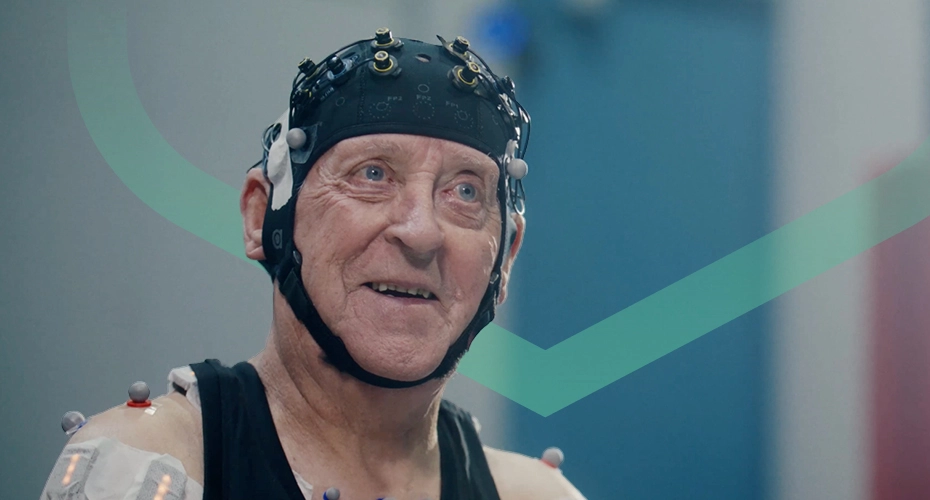We specialise in new approaches to prevent and treat dementia, and to improve care for people who have the condition.
Our people first approach is designed to make meaningful impact as swiftly as possible.
In focus

Dementia prevention, treatment and care research that puts people first
Around 54 million people worldwide have dementia, this is expected to rise to more than 152 million by 2050 (WHO), making it one of the world’s greatest health challenges.
"Dementia is the next global pandemic. We’re improving lives for people across the world, through innovative and cutting-edge research that spans prevention, treatment and care."
Professor Clive Ballard,
Professor of Age-Related Diseases
Pro-Vice Chancellor, University of Exeter Faculty of Health and Life Sciences
Improving lives for people living with dementia.
Together we are developing new drug therapies, new prevention approaches and better patient care.

Accelerating the search for new dementia treatment
Dementia risk could be reduced by 40 per cent, if meaningful action was taken across a range of different measures across the life course.

Prevention: the best form of tackling dementia
Delivering the best possible care for people with dementia, whether they are living in their own home or in a nursing home, is of paramount importance to their quality of life.
Interested in working with us?

Exeter Innovation connects you with our leading researchers and educators to develop practical, research-driven solutions. Get in touch to see how we can help.

Sign up to receive research and innovation updates - be the first to learn about breakthrough discoveries, expert insights, and opportunities to engage with our researchers.

Connect with our global community of experts to explore exciting new possibilities for joint research, education projects, and transformative business solutions.






